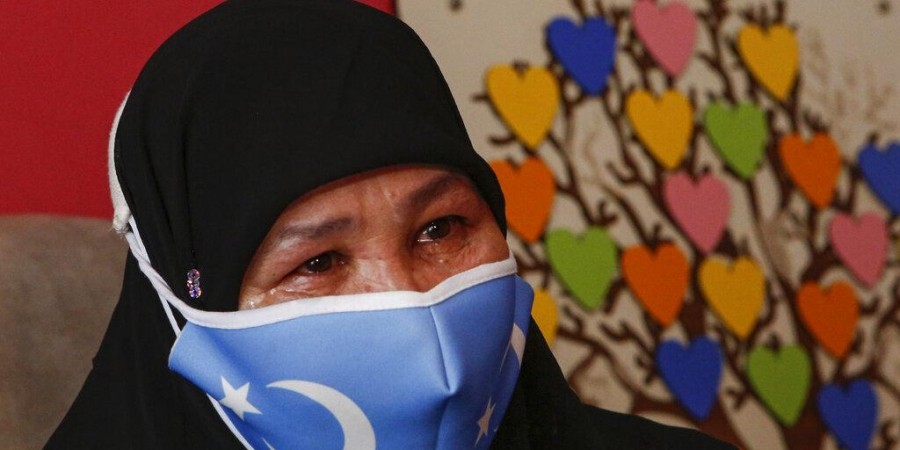China preparing DNA database of minorities
Toronto, Canada: China already had accusation of violating human rights, and now it has been coming out that China is making a database of DNA od minorities in the country.
China has been rebuked for cracking down on Uyghur Muslims in Xinjiang. Multiple reports suggest that Beijing sends the ethnic minorities to mass detention camps and interferes in their religious activities. Moreover, it subjects them to abuse including forced labour.
Despite mounting evidence, Beijing has vehemently denied that it is engaging in human rights abuses against the Uyghurs in Xinjiang.
A report by a Toronto based think tank, published on August 28, highlighted how a database is being made to enable selective ethnic cleansing in what perhaps could be labelled as one of the most “egregious crimes against humanity” that the Chinese authorities have undertaken.
“The incarceration of Uyghur minorities in Chinese detention camps and continued violation of human rights in the Xinjiang region has added another dimension, DNA and racial profiling, in attempts to build a large DNA database to enable selective ethnic cleansing in what perhaps could be labelled as one of the most egregious crimes against humanity that the Chinese authorities have undertaken,” said International Forum for Rights and Security (IFFRAS).
Back in 2017, bioinformatician Yves Moreau at a research university in Belgium had discovered a paper in Human Genetics on a problematic theme, titled “male genetic landscape of China.” This study was based on a study of 38,000 Y-STR sequences, which are bits of repetitive DNA deployed for use in forensic investigations and law enforcement agencies.
IFFRAS report said that this research paper revealed several troubling aspects in the manner such genetic data was being collected. The think tank stated that the use of genetic data is often problematic per human rights standards due to its susceptibility to misuse and the violation of informed consent requirements when collating such data sets that involve DNA matter from minorities.
Further slamming the Chinese authorities, IFFRAS report said, “What Moreau has discovered is a revelation for the human rights community as several other journals have published papers on similar points that cover genetic data testing.”
According to the Toronto think tank, the paper published by human genetics is jarring for the human rights community as it includes important data of more than 300,000 individuals and is available publicly for use by law enforcement agencies and researchers.
The researchers from Canada further warned of a host of issues that range from privacy violations to genetic profiling, which in the hands of an authoritarian China drastically reduces public trust in human genetic studies and the ability of the academic community to maintain confidentiality.
Experts argue that informed consent and privacy are often alien rights to minorities who have been incarcerated by the Chinese authorities as nationalism eclipses all human rights in the minds of the CCP.
“In such circumstances, it falls upon the international academic community to publish genetic data without compromising on inviolable principles of informed consent,” the think tank added.













